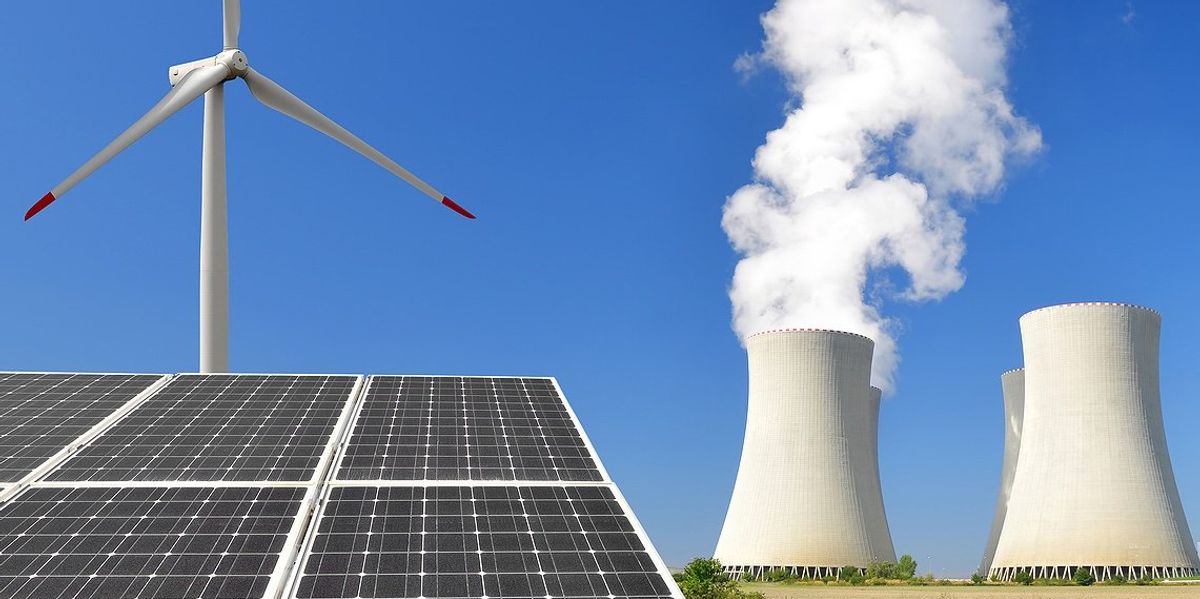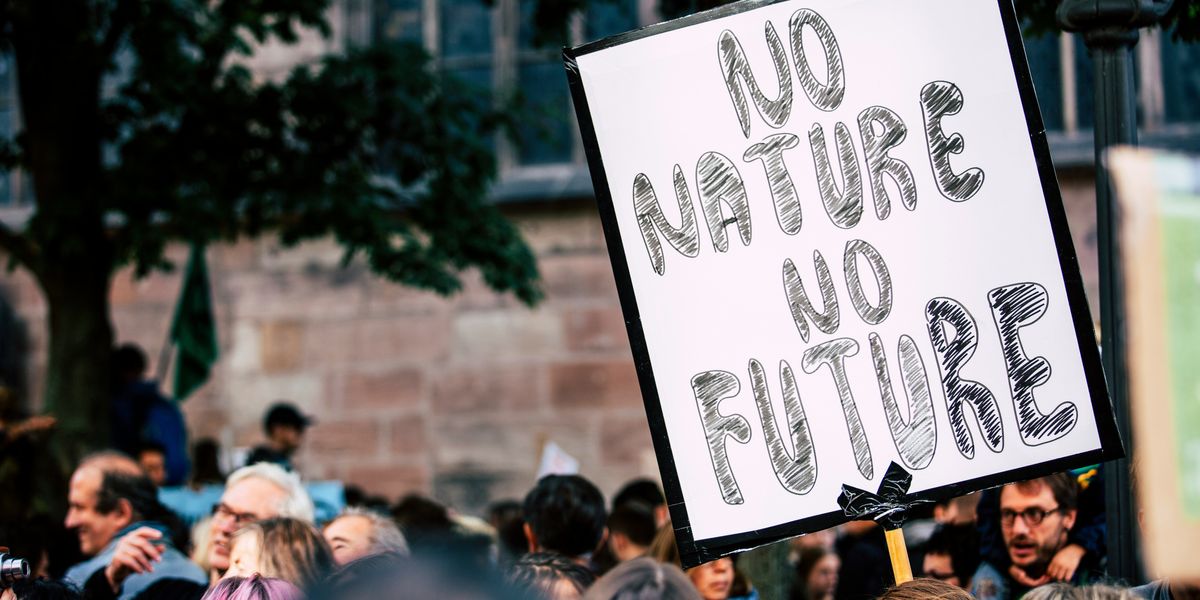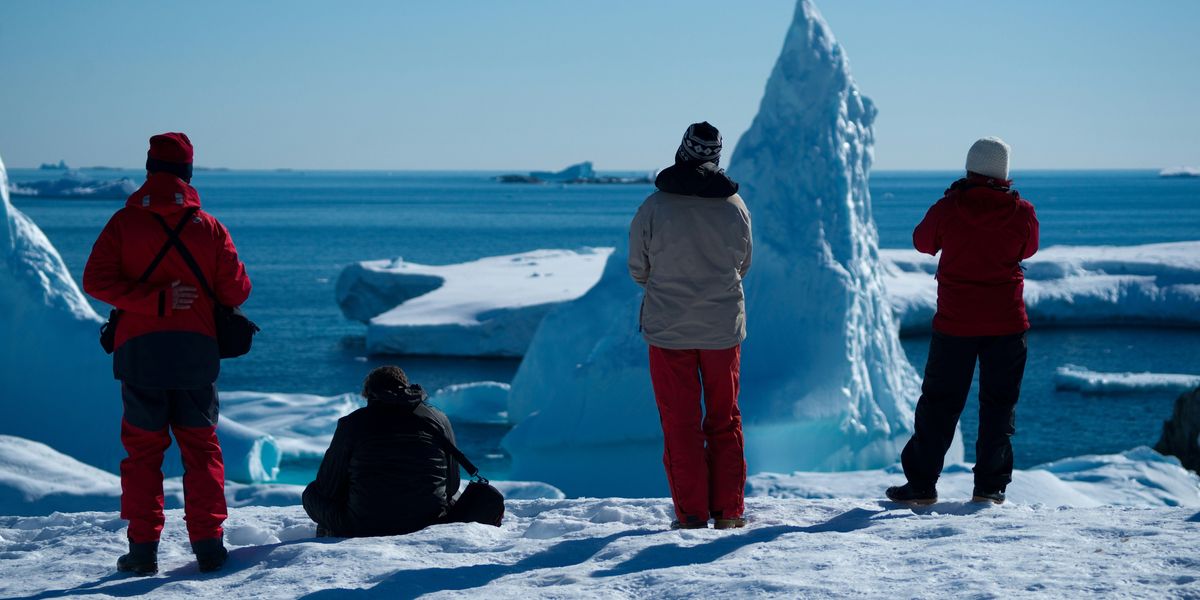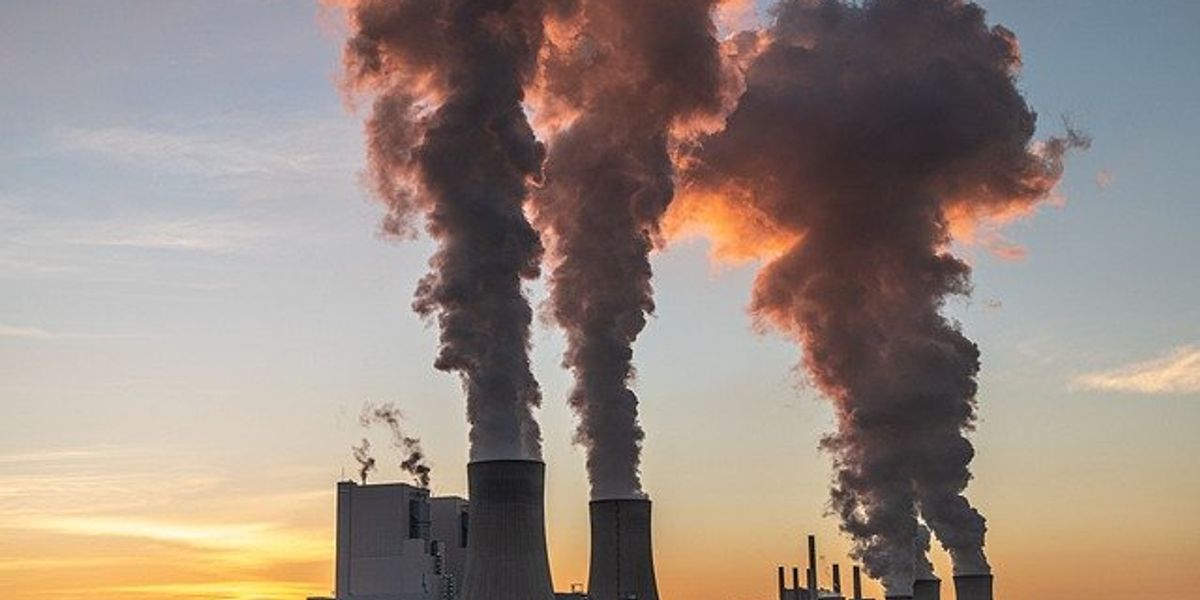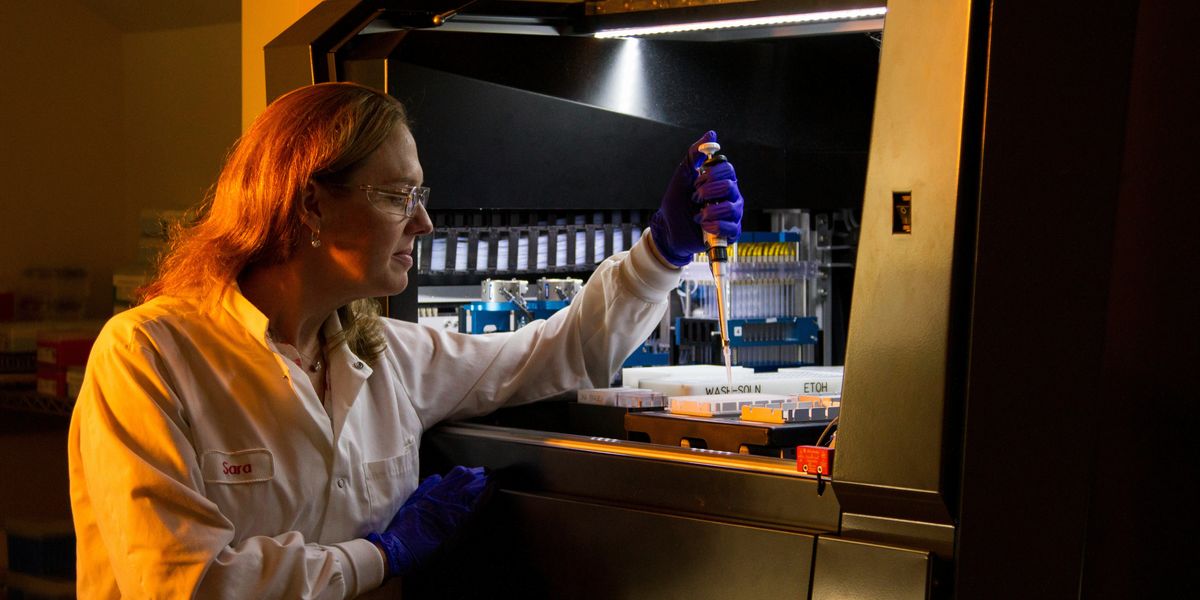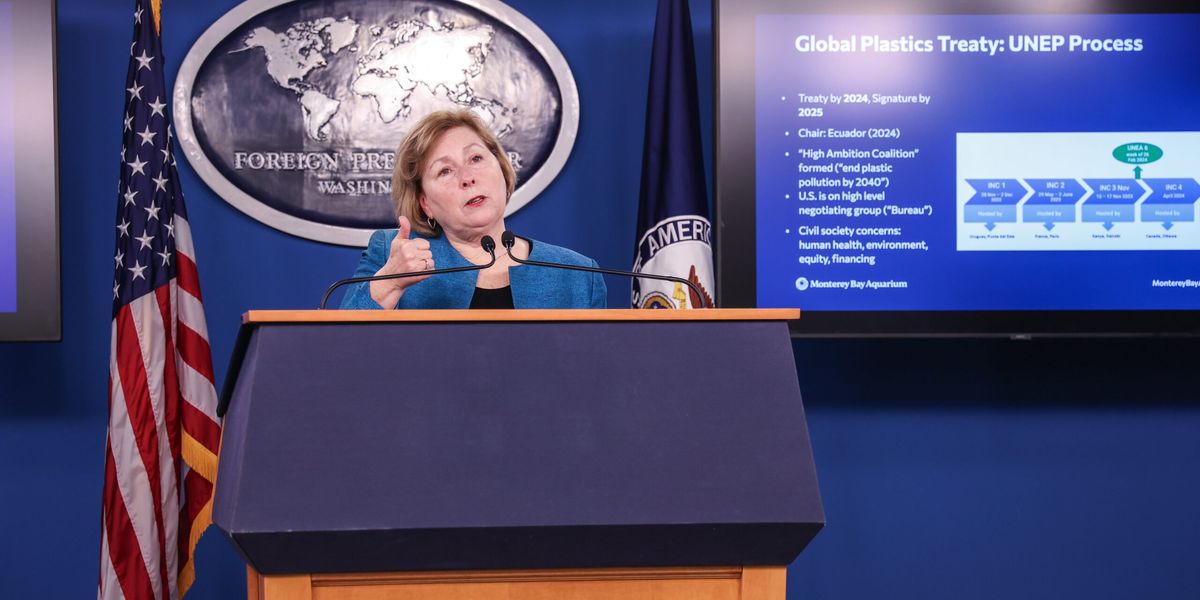
Groups push Biden administration to take leadership role at upcoming plastic treaty talks
The US has taken a “middle of the road position” so far, environmental groups say.
In anticipation of the next round of global plastic treaty talks, experts are calling on the U.S. to take a leadership role in pushing for an ambitious treaty.
In a letter sent today, environmental groups ask the administration to support a version of the treaty that includes reductions in plastic production, which has been a contentious issue thus far. In addition,they’re calling on the Biden administration to bolster domestic plastic pollution efforts and be a model for other countries.
“The U.S. is the number one generator of plastic waste in the world — both per capita and total. [It’s] also a leading producer of virgin plastic,” Anja Brandon, the associate director of U.S. Plastics Policy at the Ocean Conservancy, told reporters at a virtual media briefing. “If we want to solve this problem, we need to start at home.”
The Ocean Conservancy, along with 28 other environmental organizations, sent the letter to the Biden administration today calling for a more ambitious approach at the treaty, outlining an eight-point plan to tackle plastic, including establishing a national reduction target that would end new plastic pollution by 2040, supporting policies to end single-use plastics and regulating microplastics.
“Your Administration is in a prime position to tackle the plastic pollution crisis through comprehensive action,” states the letter.
The push comes just weeks before the fourth session of the Intergovernmental Negotiating Committee to develop an international, legally binding plastic pollution treaty, which will take place from April 23 to April 29 in Ottawa, Canada. In the first three sessions of treaty talks, negotiators from about 175 countries — along with industry representatives, environmentalists and others — met to advance a treaty to address global plastic pollution. However, disagreements remain, including over regulating the chemicals in plastic production, plastic production caps, as well as the role of chemical recycling and bioplastics.
“If we want to solve this problem, we need to start at home.” - Anja Brandon, Ocean Conservancy
Many countries have aligned on two separate coalitions. One’s a High Ambition Coalition that wants an end to plastic pollution by 2040, and another one, dubbed the Global Coalition for Plastics Sustainability — largely nations economically reliant on fossil fuels such as Saudi Arabia, Russia, Iran, Cuba, China and Bahrain — is pushing for a larger focus on addressing plastic waste (via chemical and mechanical recycling and other means) rather than plastic bans or limits. The U.S. is not part of either.
It’s been a “middle-of-the-road position so far for the U.S.,” Brandon said. She credited the U.S. delegation for helping the treaty process overcome procedural issues, and is encouraged that they’re still talking about reductions, but said environmental groups remain underwhelmed.
“Is the ambition where we want it to be? Absolutely not. We need to meet this crisis with the urgency it demands,” she said. “We can’t recycle and cleanup our way out of the problem.”
Brandon also made it clear as to what she sees preventing a more ambitious treaty so far: the fossil fuel industry.“[Plastics] are being used as fossil fuels’ plan B” as we move away from fossil fuels as energy, she said.
Felipe Victoria, senior manager for multilateral affairs at the Ocean Conservancy, told reporters that at the Ottawa meeting this month leaders will decide which options for tackling plastic will be chosen in the final agreement. There are two planned treaty meetings after Ottawa.
“A lot of progress needs to be made in this session,” he said.
Existing plastic legislation as a model
Alexis Jackson, associate director of The Nature Conservancy’s California Oceans Program, told reporters the Biden administration and other countries should look to existing plastic legislation in steering national and international plastic pollution efforts.
She pointed to California’s landmark SB-54 law, which mandates that all single-use packaging and plastic food service ware in California be recyclable or compostable by 2032, with a 25% reduction in single-use plastic packaging and food service ware and a 65% recycling rate for these materials.
A couple main points of SB-54 should be included in the treaty, she said, including reductions in how much plastic is made and a “polluter-pays” model where plastic producers are financially and physically responsible for the material’s end-of-life management.
Brandon said though they haven’t seen a “huge shift in priorities,” consistent pressure from environmental groups and the public could steer the U.S. into a more progressive approach.
And, she added, even once the treaty is established, the work has just begun.
“Getting to a treaty is getting to the 50-yard line. It’s what you do after.”
Check out our primer on the treaty talks.
